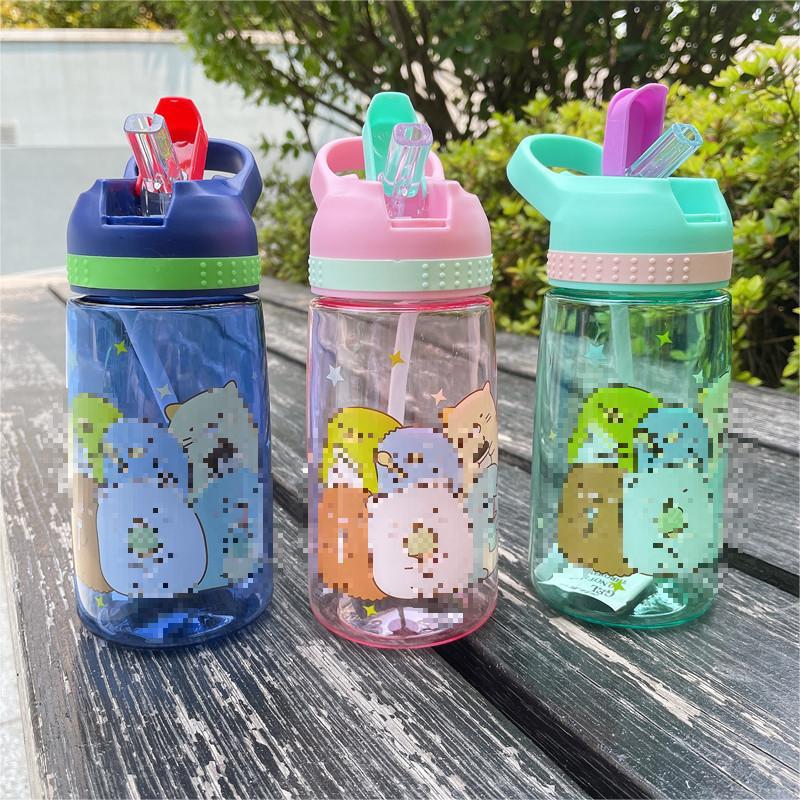Absolutely, the emergence of eco-friendly plastics signifies a new era in water bottle innovation, focusing on sustainability and environmental consciousness:
- Recycled Plastics: Utilizing recycled materials in water bottle production reduces dependence on virgin plastics, curbing resource consumption and minimizing waste.
- Bioplastics: Derived from renewable sources like plants, bioplastics offer an eco-friendly alternative, often biodegradable or compostable, reducing environmental impact.
- Biodegradable Additives: Some plastics incorporate additives that facilitate quicker biodegradation, minimizing their persistence in the environment after disposal.
- Reusable Designs: Durable and reusable plastic bottles promote extended use, reducing single-use plastic consumption and encouraging a more circular economy.
- Lightweight and Efficient: Innovative lightweight designs require less material, reducing resource usage during production and transportation.
- Refillable Stations: Implementing refill stations in communities and public spaces encourages bottle reuse, decreasing the need for new bottles and cutting down on waste.
- Collaborative Recycling Initiatives: Partnerships between industries, governments, and recycling facilities bolster plastic recycling efforts, diverting bottles from landfills.
- Consumer Awareness Campaigns: Educational initiatives raise awareness about responsible plastic disposal and the importance of recycling, empowering consumers to make informed choices.
- Certifications and Standards: Certification labels such as BPA-free or eco-friendly help consumers identify and select environmentally responsible plastic bottles.
- Research and Innovation: Ongoing research explores new materials and production methods, aiming to continuously improve the sustainability of plastic bottle manufacturing.
The evolution towards eco-friendly plastics in water bottle innovation marks a pivotal shift, prioritizing environmental stewardship and sustainability in the quest for more responsible consumption and production practices.



